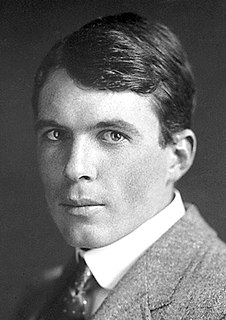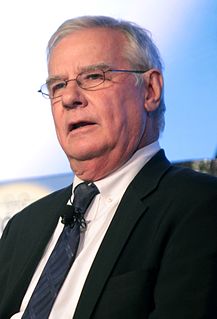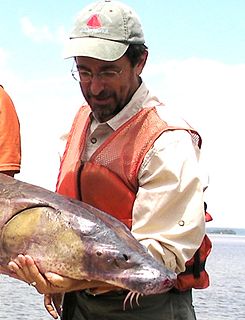A Quote by Kurt Vonnegut
Younger scientists are extremely sensitive to the moral implications of all they do.
Quote Topics
Related Quotes
It's a common perception that science and religion are mutually exclusive. But there are many scientists who would consider themselves to be spiritual people. Not only that, but in the case of climate change - a scientific issue with strong moral implications and difficult decisions to be made - it's essential to connect the science to our values. And for many of us, our values come from our faith.
I feel very strongly indeed that a Cambridge education for our scientists should include some contact with the humanistic side. The gift of expression is important to them as scientists; the best research is wasted when it is extremely difficult to discover what it is all about ... It is even more important when scientists are called upon to play their part in the world of affairs, as is happening to an increasing extent.
The conference also has a moral duty to examine the corruption of science that can be caused by massive amounts of money. The United States has disbursed tens of billions of dollars to climate scientists who would not have received those funds had their research shown climate change to be beneficial or even modest in its effects. Are these scientists being tempted by money? And are the very, very few climate scientists whose research is supported by industry somehow less virtuous?
The scientists who made the atomic bomb are, in my sense, people with a tragic destiny. You know, there was the US race with Nazi Germany and good evidence that the Germans were more advanced in nuclear physics, and we had to get the bomb first. But then there was the use of that dreadful weapon, or instrument of genocide, and many of the more sensitive scientists turned quickly into anti - nuclear people - and very effective ones.






































